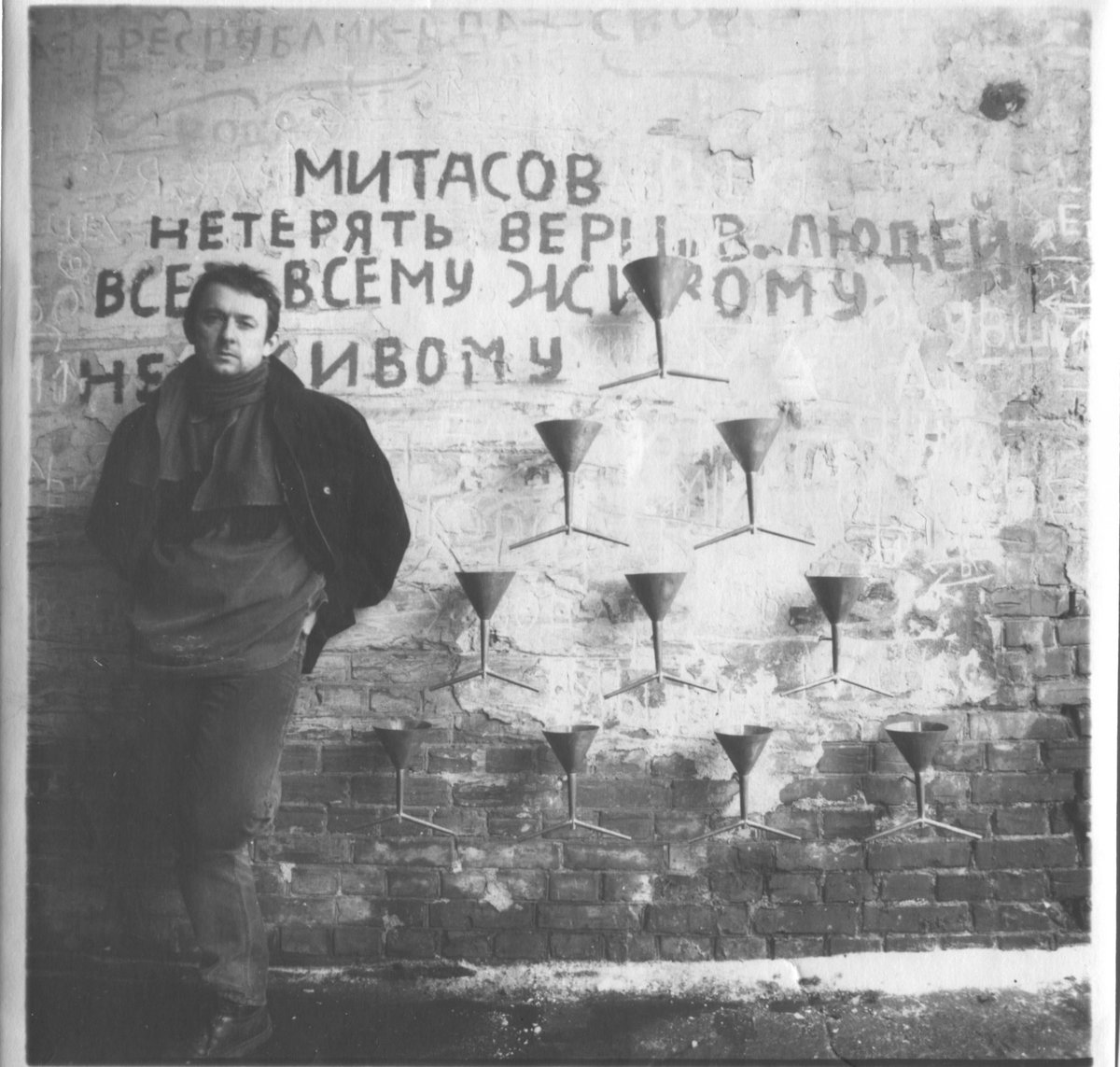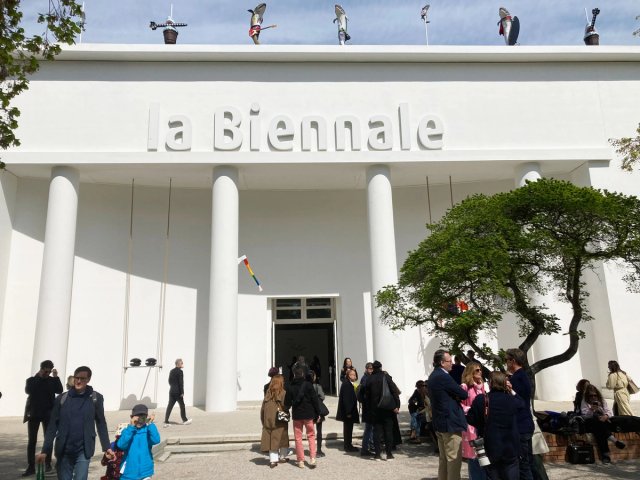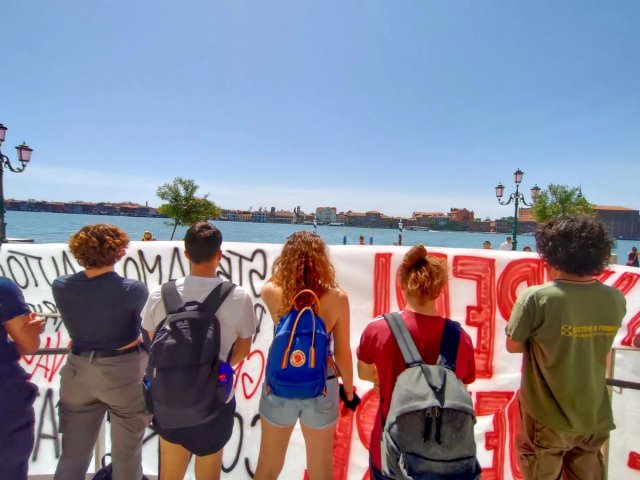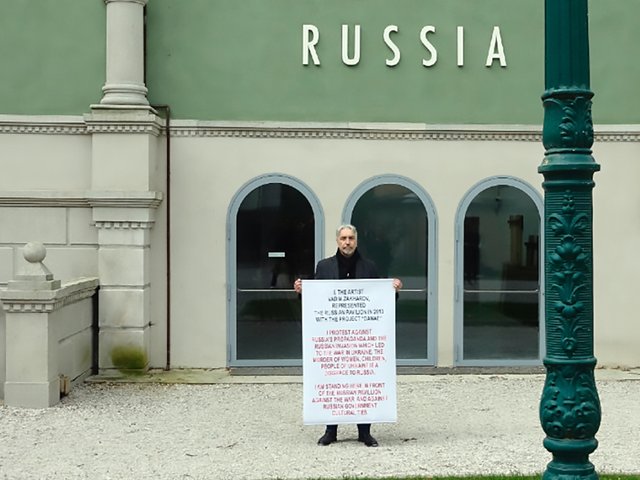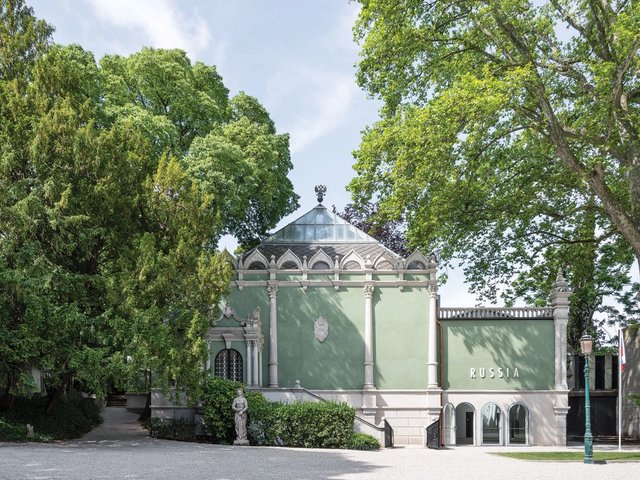On Thursday morning, Ukrainians in several cities awoke to explosions as the Russian military began an invasion by land, sea and air. In the early hours of the assault, its implications for the Ukrainian pavilion at the 2022 Venice Biennale, which opens on 23 April, might have seemed like an afterthought. But Russia’s war on Ukraine promises to have far-reaching consequences, not just for the Russian stock market and the energy supply of central Europe, but also for the Ukrainian cultural sector.
Before the end of the day on Thursday, the official Twitter account of the Ukrainian Pavilion published a press release and a Twitter thread, announcing that work on the pavilion has halted.
“At the moment this statement has been published, we are not in immediate danger, but the situation is critical and changes every minute. Presently, we are not able to continue working on the project of the pavilion due to the danger to our lives,” the statement reads. “All the international flights from and to Ukraine are canceled. Traveling around the country is risky. We are determined to represent Ukraine at the [Venice Biennale], but not everything depends on us. If the situation changes, and it is safe to continue our work and travel, we will be in Venice. We can not confirm yet that our project will be completed, but we can promise that we will do everything possible to save unique artwork produced by Pavlo Makov and our big team specially for the upcoming biennial during the past five months.”
The press release concludes with a plea for the international artistic community to use its leverage to stop the Russian invasion, stating: “Guns may hurt our bodies, but culture changes our minds.” None of the four signatories—neither the artist Pavlo Makov nor the three curators, Lizaveta German, Maria Lanko and Borys Filonenko—could immediately be reached for comment.
In a statement posted on Friday to the Venice Biennale's website, the event's organisers said they "invoke peace and firmly reject all forms of warfare and violence", adding that the biennale "stands by all those who are suffering as a result of the Russian attack on Ukraine".
Prior to the sudden and violent turn of events, the Ukrainian Ministry of Culture and Information Policy, along with Kyiv gallery The Naked Room and IST Publishing chief editor Borys Filonenko had planned to present an updated version of Makov’s Fountain of Exhaustion (1995-2022) in Venice.
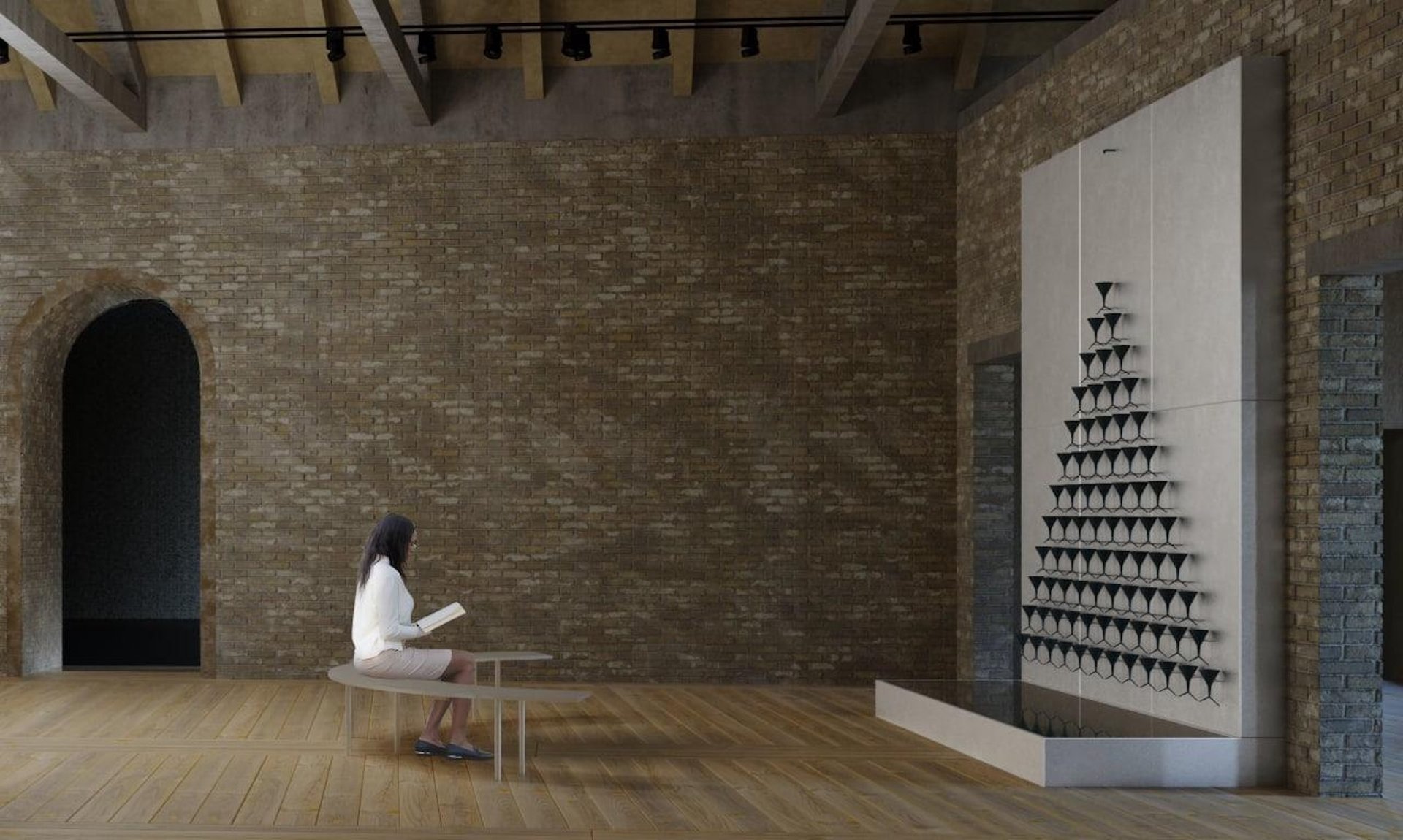
Architectural rendering of the Ukraine Pavilion by ФОРМА Courtesy the Ministry of Culture and Information Policy of Ukraine, The Naked Room, and Borys Filonenko
The 3 sq. m wall installation was first conceived by the artist in 1995, the year that torrential rains flooded the water treatment plant of Kharkiv, Ukraine’s second-largest city. Situated at the confluence of the Kharkiv, Lopan and Udy rivers, the plant's flooding resulted in the contamination of the city’s water supply, forcing authorities to block municipal taps for over a month. To illustrate the visceral feelings of impotence that Makov sensed among not only the residents and officials of Kharkiv but post-Soviet societies at large, the artist devised an installation consisting of bronze funnels with forked bottoms mounted on a wall and arranged in a triangular shape. Water poured into the funnel at the summit trickles into two funnels just below, which split the stream into four funnels and so on until the steady stream at the top slows to a mere trickle at the bottom.
If the installation can be realised, the theme of ecological and political crisis will translate poignantly in the context of Venice, where the pains of global climate change have begun to be felt acutely, hence the installation’s new subtitle, Aqua Alta.
Beyond the new ecological resonance that Venice brings to Makov’s installation, the recent invasion might also reignite debates around the anachronism of the Biennale’s nationalist format. Ultranationalism is precisely the ideology that Vladimir Putin has used to justify his invasion, claiming his intervention to be in the interest of ethnically Russian Ukrainians, notably in the separatist regions of Donetsk and Luhansk, which the Russian president officially recognised as independent republics earlier in the week.


